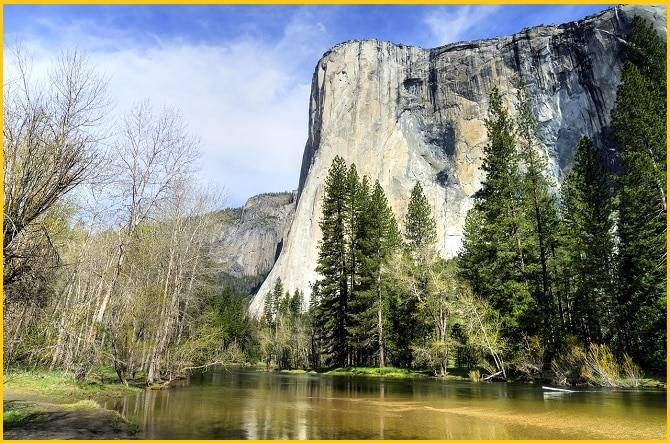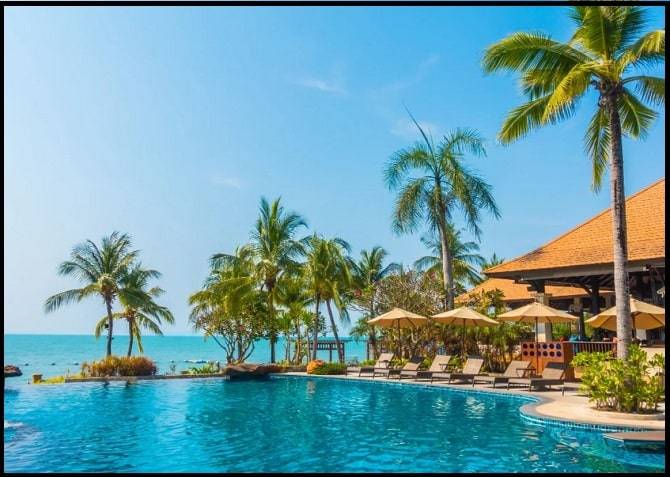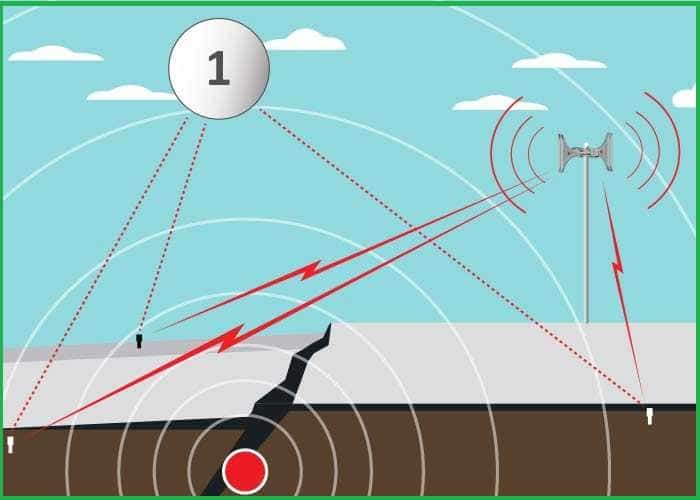
Rugen cliffs
The Rugen Cliffs (Rugenkreide or Königsstuhl) are located on the island of Rügen in northern Germany, which is the largest island in the country. The cliffs are a popular tourist destination and are known for their striking white chalk formations and stunning views of the Baltic Sea.
The Königsstuhl National Park is home to the famous chalk cliffs, which rise to a height of 118 meters above the sea level. The park covers an area of over 3,000 hectares and is home to a diverse range of flora and fauna. Visitors can take a stroll along the cliff top or descend to the beach to admire the cliffs from below.
The cliffs have been a source of inspiration for artists and writers over the centuries, and have been immortalized in works such as Caspar David Friedrich’s painting “Chalk Cliffs on Rügen” and Thomas Mann’s novel “The Magic Mountain.”
Geography and Geology
The chalk cliffs of the Jasmund peninsula belong to the Rügen Chalk unit and were formed during the Maastrichtian stage of the Late Cretaceous, around 70 million years ago. The main body of the island, known as Muttland, is surrounded by several peninsulas, that consist The Schaabe sandbar and several lagoons or bodden, the largest of which are the Großer Jasmunder Bodden and Kleiner Jasmunder Bodden.

Jasmund National Park, famous for its chalk cliffs, the symbol of Rügen, has a total area of 926.4 km2 if the adjacent small islands are included. Rugen has the maximum diameter is 51.4 km from north to south, and 42.8 km from east to west. Of an overall 574 km-long coastline, 56 km are sandy Baltic Sea beaches, and 2.8 km sandy bodden beaches. The highest elevations are on the Jasmund peninsula- Piekberg 161 m.
Also read- Die Rakotzbrück Bridge-A weird places in Germany?
How Rugen cliffs forms
Rugen cliffs in Germany are a famous feature of the island of Rugen in northern Germany. These towering chalk cliffs rise up to 161 meters above the Baltic Sea and stretch for over 12 kilometers along the island’s coastline.
The formation of the Rugen Cliffs dates back to the Late Cretaceous period, approximately 70 million years ago. During this time, the area was covered by a shallow sea that was home to a variety of marine life. Over millions of years, the remains of these creatures, including microscopic plankton, accumulated on the sea floor and were compressed to form a thick layer of chalk.

As the sea level dropped and the island of Rugen emerged from the sea, the chalk layer was exposed to the elements. The Rügen cliffs were then formed through a combination of erosion from the sea and weathering from wind and rain.
Jasmund National Park
Jasmund National Park is a protected area located on the island of Rügen. It covers an area of around 30 square kilometers and is known for its unique chalk cliffs, dense beech forests, and diverse flora and fauna.
The park is home to the famous Königsstuhl (King’s Chair) cliff, which rises to a height of 118 meters above the Baltic Sea. Visitors can enjoy panoramic views of the sea and surrounding landscape from the top of the cliff.
Jasmund National Park also has several hiking trails that lead visitors through the forest, along the coastline, and up to the top of the cliffs. The park is home to a variety of wildlife, including rare birds, such as the white-tailed eagle and peregrine falcon, as well as a variety of mammals and reptiles.

How to reach Rugen cliffs
There are regular train services from major cities in Germany to Rugen Island. The nearest train station to the cliffs is Sassnitz station. From there, you can take a bus or taxi to the cliffs. The most convenient way to reach Rugen cliffs is by car. The island of Rugen is connected to the mainland by a bridge, and the cliffs are located near the town of Sassnitz. You can park your car near the cliffs and explore the area on foot. Cycling is also a popular way to explore Rugen Island, and there are several bicycle rental services available on the island.






